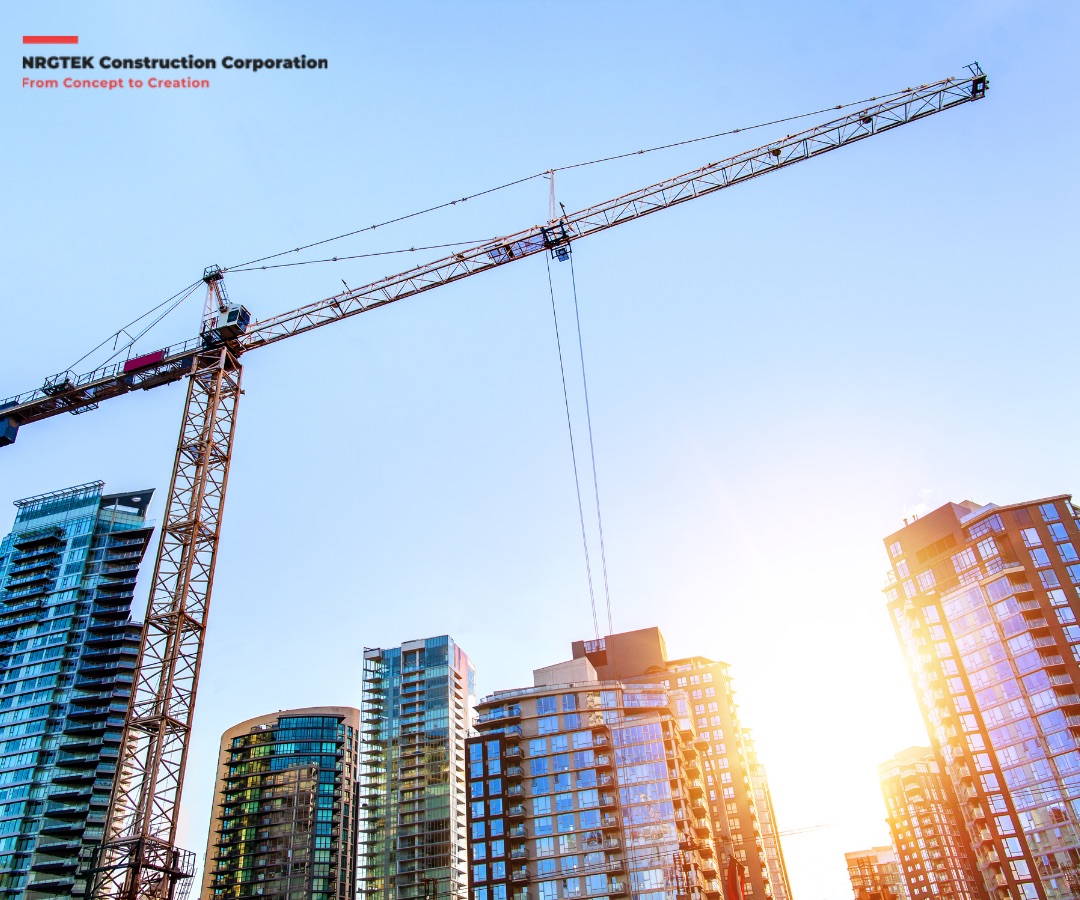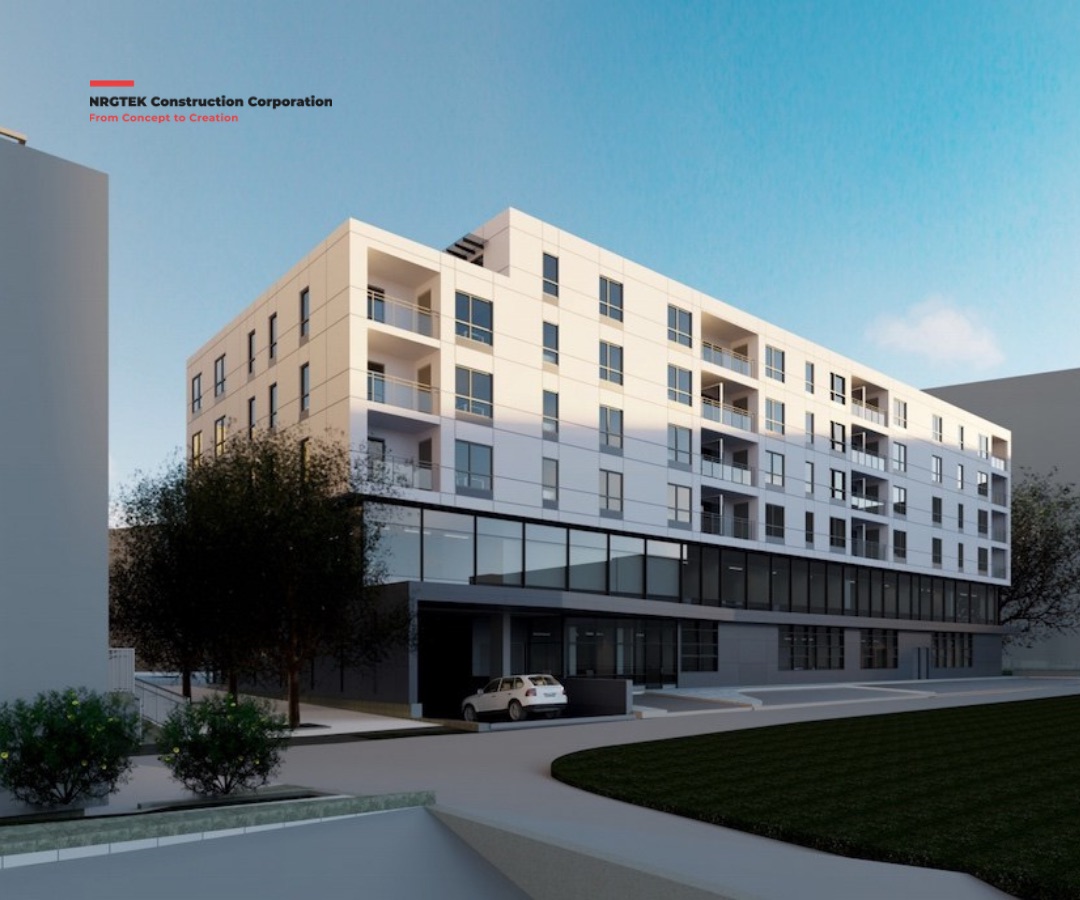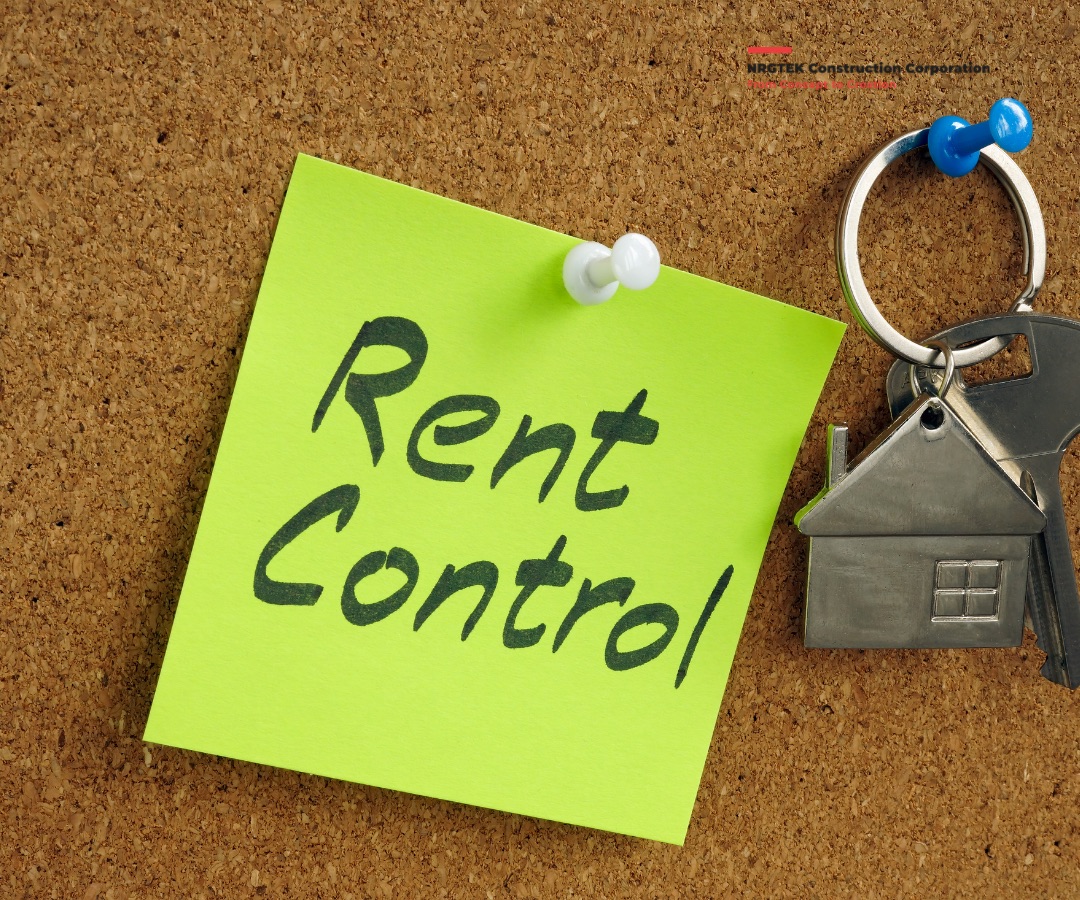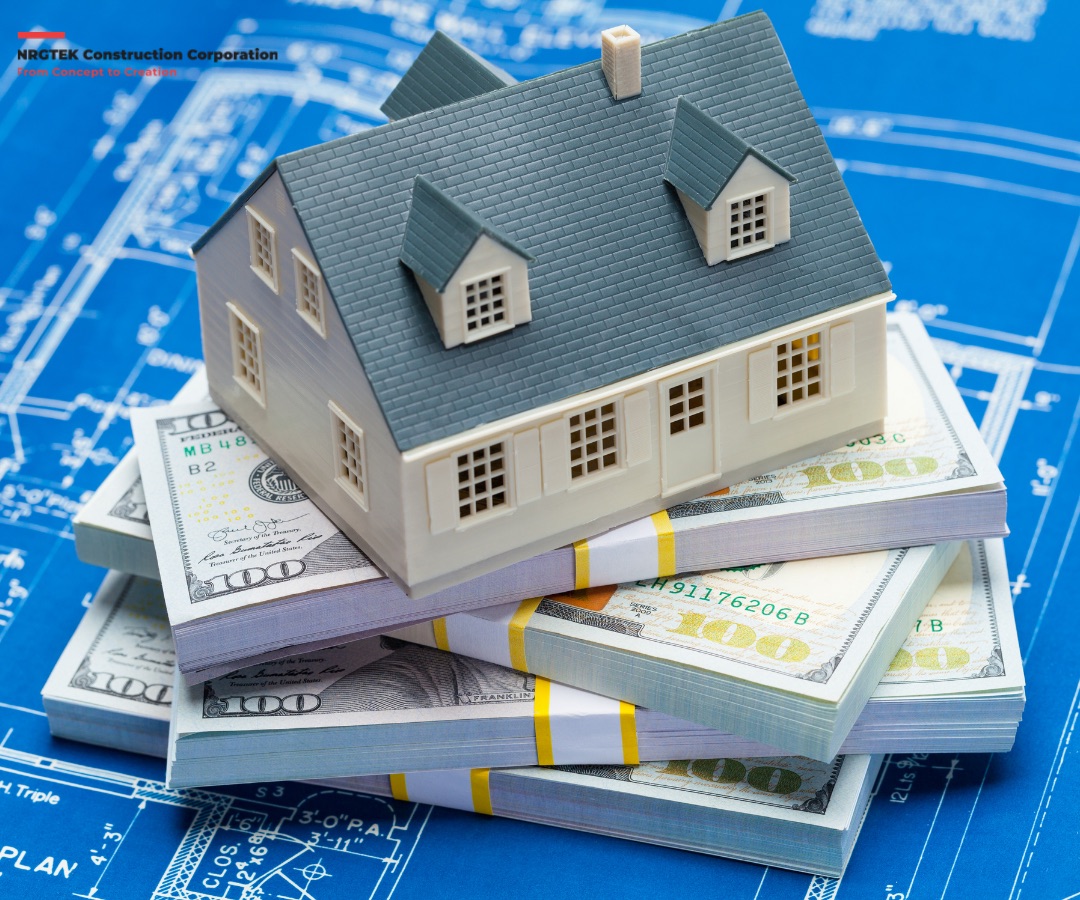
In British Columbia (BC), building a house or a business can be a thrilling endeavor. But it can be an expensive undertaking due to the growing prices of labor, building supplies, and complying with regulations. Here are a few tactics to help you reduce construction costs without sacrificing quality.
1. Strategic Planning and Design
- Hire a Competent Architect – Over time, a well-thought-out plan can save you money. Architects that are knowledgeable about the climate and building codes in British Columbia can create energy-efficient structures that lower ongoing operating expenses.
- Simplify the Design – Complex designs with numerous angles, intricate rooflines, and custom features can significantly increase construction costs. opt for a simpler, more straightforward design to save on materials and labor.
2. Efficient Project Management
- Detailed Budgeting – Create a thorough budget that accounts for every facet of the building process. This aids in keeping track of spending and averting unforeseen expenses. For improved financial oversight, think about utilizing construction management software.
- Choose the Right Contractor – Choosing a trustworthy contractor can have a big impact. Seek out contractors who have a history of completing projects on schedule and within budget. To make sure a source is reliable, check references and previous work.
3. Smart Material Selection
- Local Sourcing – Use locally sourced materials to save on transportation costs. BC is rich in natural resources like timber, which can be a cost-effective and sustainable building material.
- Recycled and Reclaimed Materials – Use reclaimed or recycled materials in your building endeavors. They can be less expensive than new materials and are also more environmentally friendly.
4. Energy Efficiency
- Insulation and Windows – Make an investment in energy-efficient windows and superior insulation. Despite the higher initial cost, there can be significant long-term savings on heating and cooling, especially given the variable climate in British Columbia.
- Renewable Energy Sources – Consider integrating renewable energy sources such as solar panels. Government incentives and rebates can offset initial installation costs, and the long-term savings on energy bills can be significant.
5. Labor Costs
- Skilled vs. Unskilled Labor – Although it may be alluring to use less expensive, unskilled labor, the quality of the work may suffer, increasing the cost of upkeep and repairs. Purchasing skilled labor can guarantee that the work is completed correctly the first time.
- Prefabrication – Using prefabricated components can reduce on-site labor costs and construction time. Prefabrication can also minimize waste, further reducing costs.
6. Regulatory Compliance
- Stay Informed – In British Columbia, building laws can be complicated and are constantly changing. Keep up with the most recent codes and standards to prevent expensive compliance problems. Nailing these requirements can be made easier by collaborating with experts who are aware of local laws.
- Permits and Inspections – Ensure all necessary permits are obtained before starting the construction. Skipping permits or failing inspections can result in fines and costly rework.
7. Maintenance and Durability
- Quality over Quantity – Even though high-quality materials and workmanship may initially cost more, they will save money in the long run by requiring fewer repairs and upkeep.
- Regular Maintenance – Make regular maintenance plans to increase the building’s lifespan. Small problems can be identified by preventative maintenance before they grow into more costly ones.
Conclusion
In British Columbia, constructing a building at a reasonable cost necessitates a blend of prudent material selection, effective project management, and regulatory compliance. By concentrating on these aspects, you can control expenses without sacrificing sustainability and quality. These techniques can guarantee the financial viability and success of your construction project, regardless of whether you’re building a house or a commercial space.
Key Takeaways
- Planning and Design: Simplify designs and hire competent professionals.
- Project Management: Detailed budgeting and selecting the right contractor are crucial.
- Material Selection: Local, recycled, and energy-efficient materials can save money.
- Labor and Prefabrication: Use skilled labor and consider prefabricated components.
- Regulatory Compliance: Stay informed and obtain all necessary permits.
- Maintenance: Invest in quality materials and plan for regular upkeep.
By incorporating these strategies, you can make your construction project in BC more cost-effective, sustainable, and successful.










